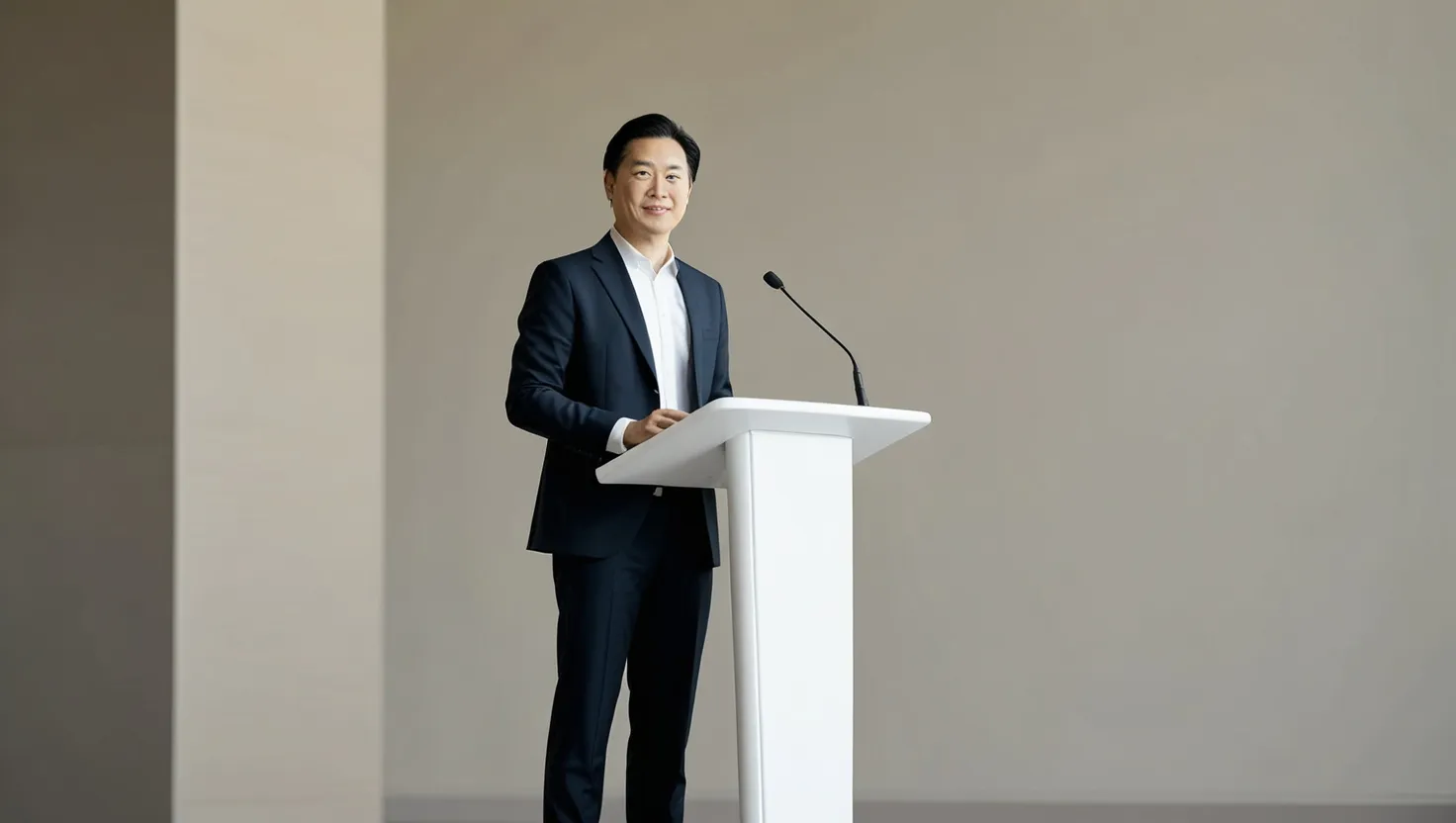As we delve into the daily habits of successful leaders, it’s clear that these routines are not just about personal discipline, but about creating a foundation for effective leadership, improved decision-making, and a positive work environment.
The Power of Early Morning Routines
Starting your day early is more than just a matter of waking up before the sun rises; it’s about setting a disciplined tone for the day ahead. Leaders like Tim Cook and Richard Branson begin their days with a consistent routine that includes exercise, meditation, or simply enjoying a quiet moment to themselves. For instance, Tim Cook rises at 3:45 AM to tackle his emails, a habit that allows him to stay connected with the external world before the chaos of the day begins. This early start gives him a head start, enabling him to prioritize and plan his day with clarity.
Prioritizing Tasks: The Art of Focus
Effective leaders understand the importance of prioritization. It’s not about juggling a multitude of tasks but about identifying and tackling the most critical ones first. By setting clear priorities, leaders can avoid the trap of reactive management, where they are constantly responding to immediate demands rather than driving their vision forward. This habit involves recognizing what truly matters and allocating time and resources accordingly. For example, Jeff Bezos starts his day by tackling the most critical tasks when his energy and focus are at their peak, ensuring that he makes significant progress before the day gets busy.
The Value of Active Listening
Active listening is a habit that often goes unnoticed but is crucial for effective leadership. It involves more than just hearing words; it’s about understanding the underlying concerns, needs, and motivations of your team members. Leaders who practice active listening create an environment where their team feels valued and heard. This habit fosters trust and encourages open communication, which is essential for making informed decisions and resolving conflicts. By actively listening, leaders can gain insights that might otherwise be missed, leading to better decision-making and a more cohesive team.
Continuous Learning: Staying Ahead of the Curve
Continuous learning is a hallmark of successful leaders. In a world that is constantly evolving, staying static can be detrimental. Leaders like Mark Zuckerberg and Satya Nadella make time for learning new skills and expanding their knowledge. Whether it’s reading books, attending seminars, or even learning new hobbies, continuous learning keeps leaders adaptable and innovative. This habit not only enhances their personal growth but also equips them with the tools to drive their organizations forward in a rapidly changing environment.
Regular Team Check-ins: Building a Connected Team
Regular team check-ins are essential for maintaining a connected and motivated team. Leaders who make time to engage with their team members on a regular basis can address issues before they escalate, provide feedback, and celebrate successes. This habit helps in building a culture of transparency and trust. For instance, Oprah Winfrey starts her day with a spiritual and mental exercise, but she also values her interactions with her team, ensuring that everyone is aligned and motivated. These check-ins can be as simple as a morning meeting or a one-on-one session, but they are vital for keeping the team cohesive and focused.
Self-Reflection: The Quiet Power of Introspection
Self-reflection is a habit that allows leaders to step back, assess their actions, and adjust their approach as needed. It’s about taking a moment to reflect on what went well and what didn’t, and using those insights to improve future decisions. Leaders like Arianna Huffington and Richard Branson incorporate self-reflection into their daily routines, whether through meditation, journaling, or simply taking a quiet moment to themselves. This habit helps leaders stay grounded, make better decisions, and maintain a clear vision for their organization.
Work-Life Balance: The Key to Sustainability
Achieving a balance between work and personal life is crucial for sustainable leadership. Leaders who neglect their personal well-being often burn out, which can have detrimental effects on their performance and the overall health of the organization. Jeff Bezos, for example, values his sleep and family time, recognizing that these aspects of his life are essential for his productivity and well-being. By prioritizing work-life balance, leaders can maintain their energy, creativity, and focus over the long term. This balance also sets a positive example for their team, encouraging them to do the same and fostering a healthier work environment.
Implementing These Habits
Implementing these habits into your daily routine may seem daunting, but it’s about starting small and being consistent. Here are some practical tips:
- Start with a morning routine: Whether it’s exercise, meditation, or simply enjoying a cup of coffee in peace, find something that works for you and stick to it.
- Prioritize your tasks: Take a few minutes each day to identify what needs to be done and focus on the most critical tasks first.
- Practice active listening: When engaging with your team, make sure to fully listen to what they are saying, and show that you value their input.
- Make time for learning: Whether it’s reading a book, attending a seminar, or learning a new skill, continuous learning is key to staying ahead.
- Regularly check in with your team: Schedule regular meetings or one-on-one sessions to keep your team connected and motivated.
- Reflect on your actions: Take a moment each day to reflect on what went well and what didn’t, and use those insights to improve future decisions.
- Balance your work and personal life: Prioritize your well-being by ensuring you get enough sleep, spend time with family, and engage in activities that bring you joy.
By incorporating these habits into your daily routine, you can enhance your leadership skills, improve your decision-making, and foster a positive work environment. Remember, it’s not about adopting every habit at once but about finding what works for you and being consistent. With time and practice, these habits can become second nature, leading to a more effective, balanced, and successful leadership style.






